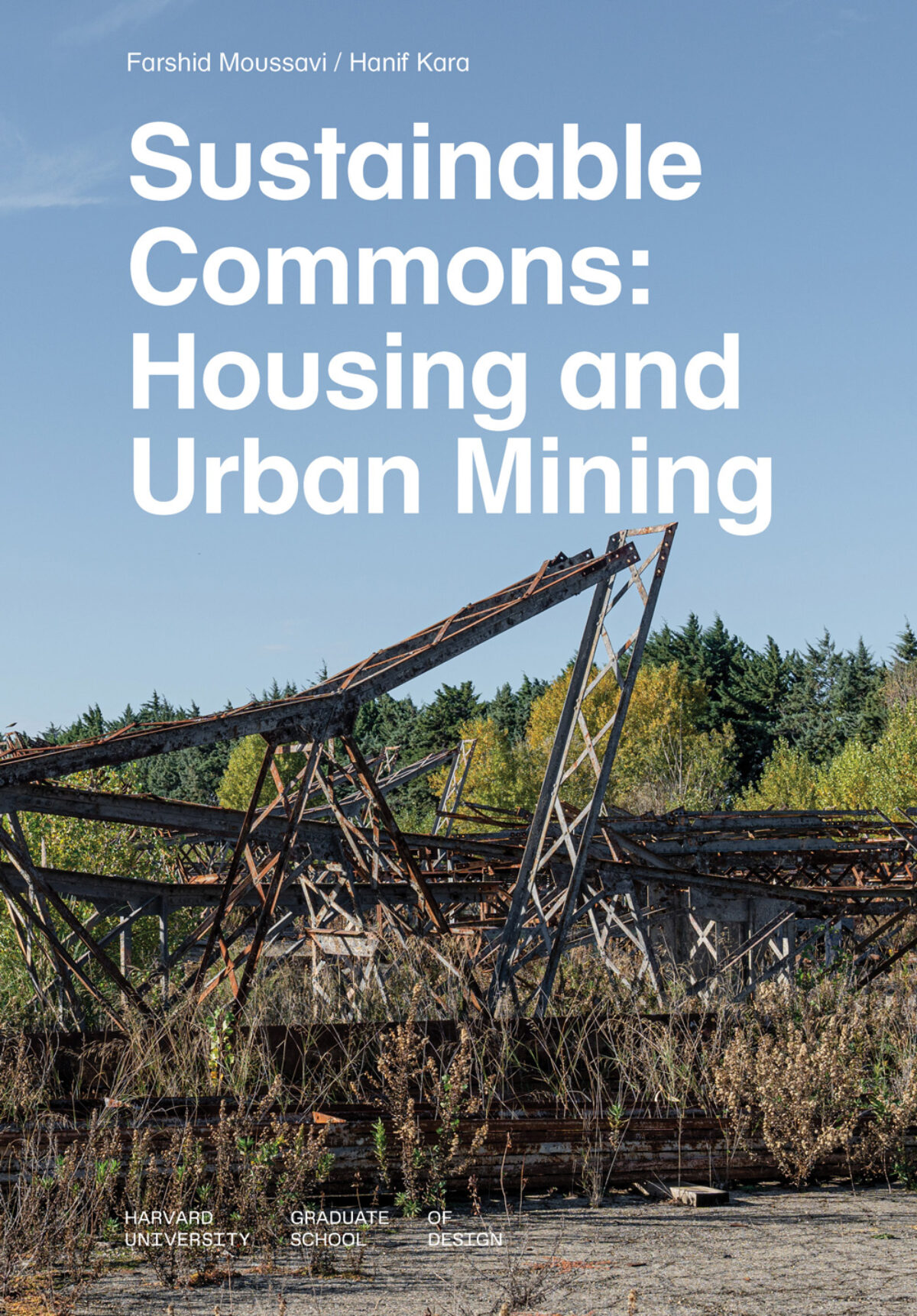Sustainable Commons: Housing and Urban Mining

Housing has become unaffordable and increasingly disconnected from contemporary lifestyles. Changing household compositions and habits highlight the need to accommodate evolving spatial-temporal uses of the home. Moreover, the climate crisis places a pressing imperative on reducing embodied and operational carbon of the spaces we inhabit.
Based in Arles, a mid-sized French city with a highly fluctuating population, the studio develops a different approach to housing, focused on the interdependencies between its long-, medium-, and short-term residents and their shared resources. Instead of accommodating residents, seasonal workers, and tourists in separate housing types, the studio focuses on communal living to reduce the built-up area and energy consumption per person. Whereas collective living was historically motivated by political, social, or economic incentives, the studio embraces collectivity for ecological reasons to ensure the city accommodates its diverse population in Sustainable Commons.
Focused on the benefits and drawbacks of communal living, Sustainable Commons also relies on urban mining, or the reuse of the city’s waste materials, to expand the ecological approach to and impact of housing. The proposed projects reuse a dismantled steel structure on site, originally designed in 1906 by Gustave Eiffel for an exhibition center in Marseille, to frame new ways of living.
Sustainable Commons: Housing and Urban Mining is a Studio Report from the Fall 2022 semester at the Harvard University Graduate School of Design based on an option studio of the same name instructed by Farshid Moussavi and Hanif Kara taught in Arles, France at LUMA Arles. This studio was made possible with the generous support of Maja Hoffmann and the LUMA Foundation.
Also available in French.
Series designed by Zak Jensen and Laura Grey
Report designed by Juliette Dankens and Austin Sun
Softcover, 220 pages, 17 x 24.5 cm